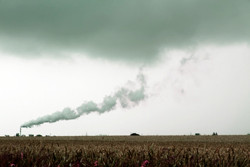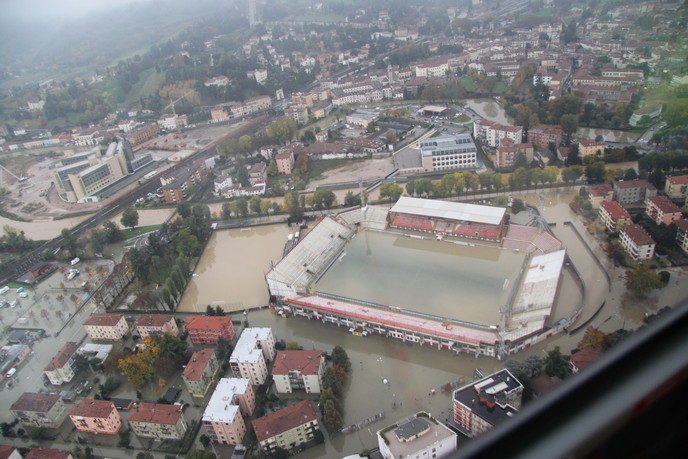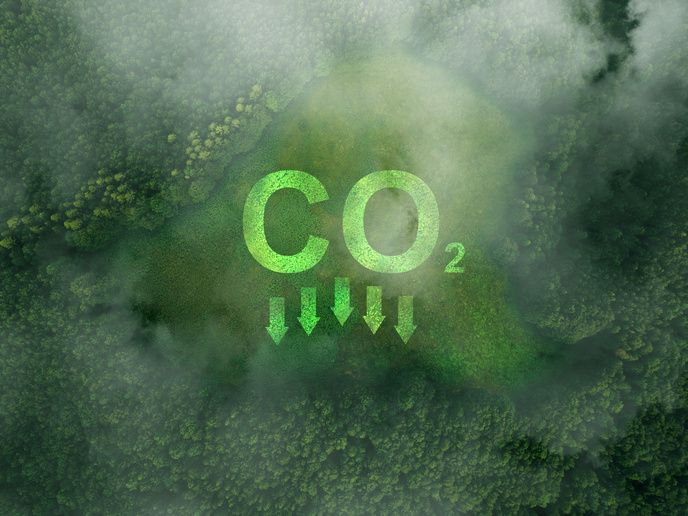Towards safer carbon capture and storage
An emerging technology, CCS could reduce carbon emissions from coal-fired power stations to near-zero. To implement this technology on a large scale, it is important that pipeline failure will not have any major impact on environmental or human health. The 'Quantitative failure consequence hazard assessment for next generation CO2 pipelines' (CO2PIPEHAZ) project began addressing this problem. Its approach was to develop and test accurate models of pipeline leaks and explosions. Researchers built models of multi-phase (gas and liquid) discharge and dispersion from a pressurised CO2 pipeline. The models were validated using data from a specially built pipeline rupture test facility in China. Project members used combined models and experimental data to build risk assessment tools for the CSS industry. CO2PIPEHAZ also produced best practice guidelines for risk analysis and a case study of a CO2 pipeline failure. The outcomes of this project allow for the safe commercial application of CSS technology in the future. In time, this will result in massive decreases in CO2 emissions and an improvement in overall environmental health.
Keywords
Carbon capture and storage, gas leak, carbon emissions, pipeline failure, hazard assessment, CO2 pipeline, risk assessment







